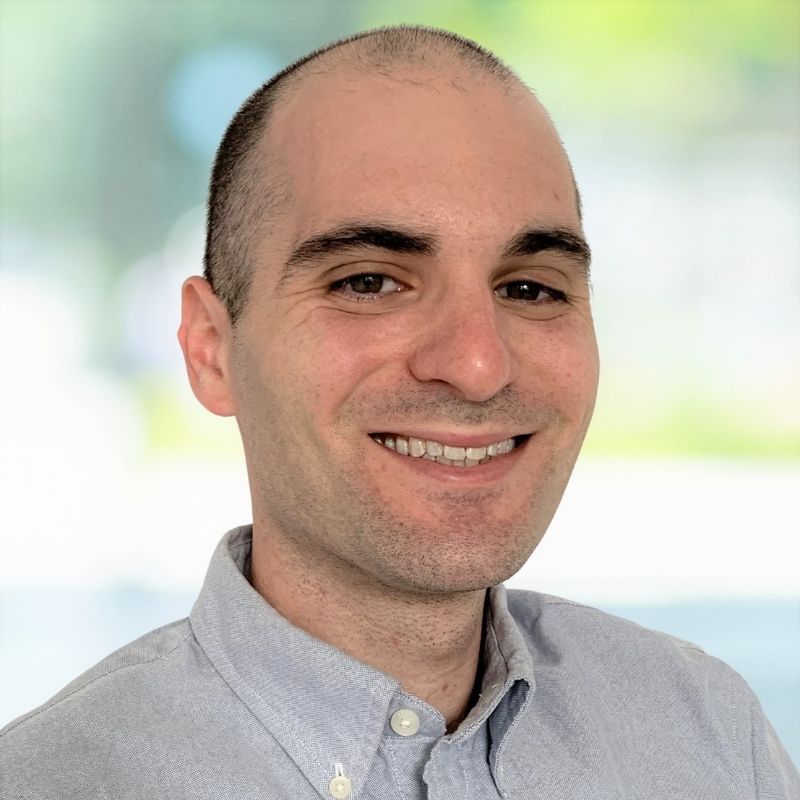Our Associates
Dr. Yannick Fortin MA, PhD
Dr. Yannick Fortin has over 15 years of experience in data development and is an expert in qualitative and quantitative methodologies. He earned a PhD in Population Health from the University of Ottawa and a Master’s degree in Medical Sociology from McGill University. Yannick has published peer reviewed work in the areas of pharmacoepidemiology, medical education and health human resources, and health measurement tool validation.
Yannick’s consulting approach is collaborative and aims to identify customized yet robust ways to derive practical insight from data. He’s led high-profile surveys and feasibility studies for the Centre for Social Data Integration and Development at Statistics Canada. Before this, he led the modernization of data assets at the Association of Faculties of Medicine of Canada. More recently, he’s been working in the Chief Data Office at Innovation, Science and Economic Development Canada to support the implementation of the organization’s data strategy, which includes the development of data standards, overseeing data modeling efforts, enabling data system interoperability, and implementing data governance principles.

Ms. Lindsey Sikora MISt, PhD (c)
Ms. Lindsey Sikora is the Head of Health Sciences, Medicine, Science, Technology, Engineering and Mathematics (HMSTEM) at the University of Ottawa Library. She obtained her Masters of Information Studies from the University of Toronto and her Bachelor of Science (Hons.) in Behavioural Neuroscience from Laurentian University. Lindsey is currently a PhD candidate at the University of Ottawa, Faculty of Education, in the Health Professions Education stream. She has vast experience working collaboratively with many research groups on systematic reviews and scoping reviews in the areas of medicine, health sciences, and epidemiology.

Dr. Amir Aschner MEd, PhD
Dr Amir Aschner is a Research Associate in the Department of Neurology at SickKids in Toronto. His current research portfolio focuses on identifying clinical and genetic factors of epilepsy-related mortality. Amir graduated with a PhD in Neuroscience from the Albert Einstein College of Medicine (Bronx, NY), where he investigated the temporal properties of sensory processing and functional theories for the brain’s implementation of sensory computations. Prior to his post-graduate studies, Amir graduated from Vanderbilt University (Nashville, TN) with BAs in Economics and Psychology, and earned his MEd from Lipscomb University (Nashville, TN) while teaching high school mathematics.
Amir is a recognized expert in systems neuroscience, epilepsy, education, artificial intelligence, and the analysis of ‘big data’. His current research includes investigating clinical risk factors of sudden unexpected death in Dravet Syndrome and examining the effects of Covid-19 experiences on parenting behaviour and family functioning.

Ms. Brittany Milton MSc
Ms. Brittany Milton earned her Honours Bachelor of Arts degree in Mathematics from Lakehead University in 2011, followed by her Master of Science degree in Statistics in 2014 from Carleton University. She started her career in the private sector, where she gained invaluable experience conducting qualitative and quantitative risk assessments in applications related to population health and epidemiology. In 2015, Brittany began working as a statistical consultant and has since contributed her expertise to a high-profile project for the International Agency for Research on Cancer, a subsidiary of the World Health Organization. She has also led and contributed to multiple research projects published in scientific journals. Brittany currently holds a position with the Government of Canada, where she is focused on the methodology, analysis, and dissemination of complex survey data.

Mr. Dylan Thibault MSc
Mr. Dylan Thibault is a Senior Biostatistician at the Duke Clinical Research Institution (DCRI) working within the Outcomes Research and Assessment Group. He received his Master of Science in Biostatistics from Georgetown University. Following graduation, Dylan worked as a Biostatistician in the Department of Neurology at the University of Pennsylvania, where he studied neurological disease outcomes using nationally representative health datasets.
Dylan’s current work focuses on projects for the Society of Thoracic Surgeons. This includes examining perioperative outcomes and completing complex long-term time-to-event analyses. Dylan has served as the lead statistician for numerous published scientific studies and is an expert in the following statistical methods commonly used in health research: linear models, logistic regression, survival analyses, propensity score matching and weighting, and interrupted time series.


